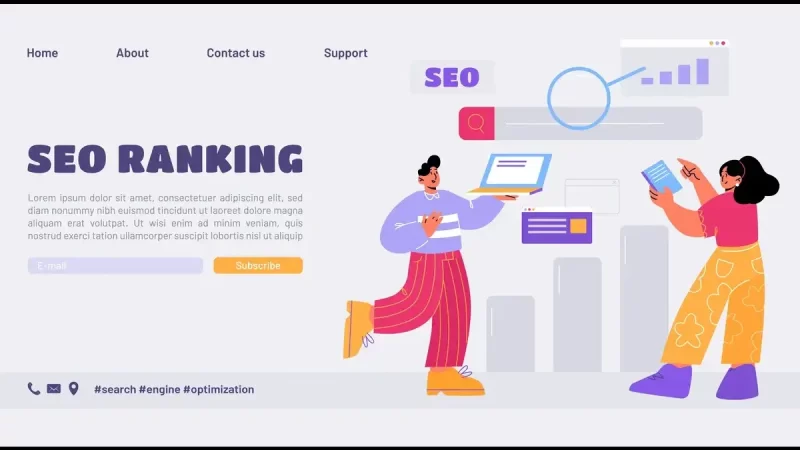CNN, USA Today & Other Sites Hit by Ranking Drop: Google’s Manual Actions Target Subdomains and Subfolders

Google has initiated the enforcement of its new site reputation abuse policy by lowering the rankings or removing sections of websites from the Google Search index. This rollout appears to have commenced recently, with notable platforms like CNN, USA Today, Fortune, and LA Times witnessing their coupon directories no longer appearing for coupon-related searches.
Commencement of Enforcement
Anticipated enforcement began this week, as Google had previously indicated, following announcements made in March during the unveiling of multiple search enhancements, including the March 2024 core update.
According to Google’s Search Liaison, enforcement officially commenced today. Manual actions are currently underway, with notifications being sent to affected websites via their Search Console profiles.
Manual Actions and Algorithmic Measures
Google clarified that the current actions are manual, with algorithmic measures set to follow in due course.
Examples of Enforcement
Examples of enforcement have already surfaced, screenshot shared by Laura Chiocciora and Glenn Gabe, revealing impacted sites such as CNN, USA Today, and LA Times. These sites failed to block specified directories from Google’s index or ranking before facing consequences.
Contrastingly, some sites like Forbes and Wall Street Journal proactively restricted access to these directories ahead of the policy’s enforcement.
What Is Site Reputation Abuse?
So, what exactly constitutes site reputation abuse? It involves third-party sites hosting low-quality content from external sources to leverage the ranking authority of those sites. Google defines it as content produced primarily for ranking purposes without sufficient oversight from the website owner, aiming to manipulate search rankings, which will be flagged as spam under the new policy.
Acknowledgment of Varied Content
While Google aims to combat reputation abuse, it acknowledges that not all third-party content falls into this category, particularly advertising content intended for regular readers rather than for search manipulation.
Addressing Concerns in the SEO Community
This update addresses longstanding concerns within the SEO community regarding the detrimental effects of parasite SEO. With mounting criticisms of search result quality, these measures are expected to alleviate some of these concerns.
Frequently Asked Questions (FAQs):
Google’s site reputation abuse policy targets websites that engage in deceptive or manipulative practices to artificially inflate their search rankings or mislead users. This includes tactics such as keyword stuffing, cloaking, link schemes, and the dissemination of misleading information.
Website owners whose sites are found to be in violation of Google’s guidelines may face penalties ranging from a decrease in search rankings to outright removal from search results for specific queries or keywords. This can have a significant impact on the visibility, traffic, and success of the website.
Website owners can ensure compliance with Google’s guidelines by creating high-quality, original content that provides genuine value to users, as well as adhering to best practices for on-page optimization and link building. Regular monitoring of the site for suspicious activity and prompt action to address any issues are also crucial.
Maintaining a positive online reputation is essential for website owners, as it influences how users perceive their website or brand and directly impacts its visibility and discoverability in search results. Proactively managing online reputation and adhering to ethical SEO practices can help safeguard the site against potential penalties and ensure its long-term success.
Google’s site reputation abuse policy aims to elevate the quality of its search results and provide users with a more trustworthy and reliable experience. By penalizing websites that engage in deceptive or manipulative practices, Google ensures that its search results remain relevant, accurate, and useful for users around the world.







